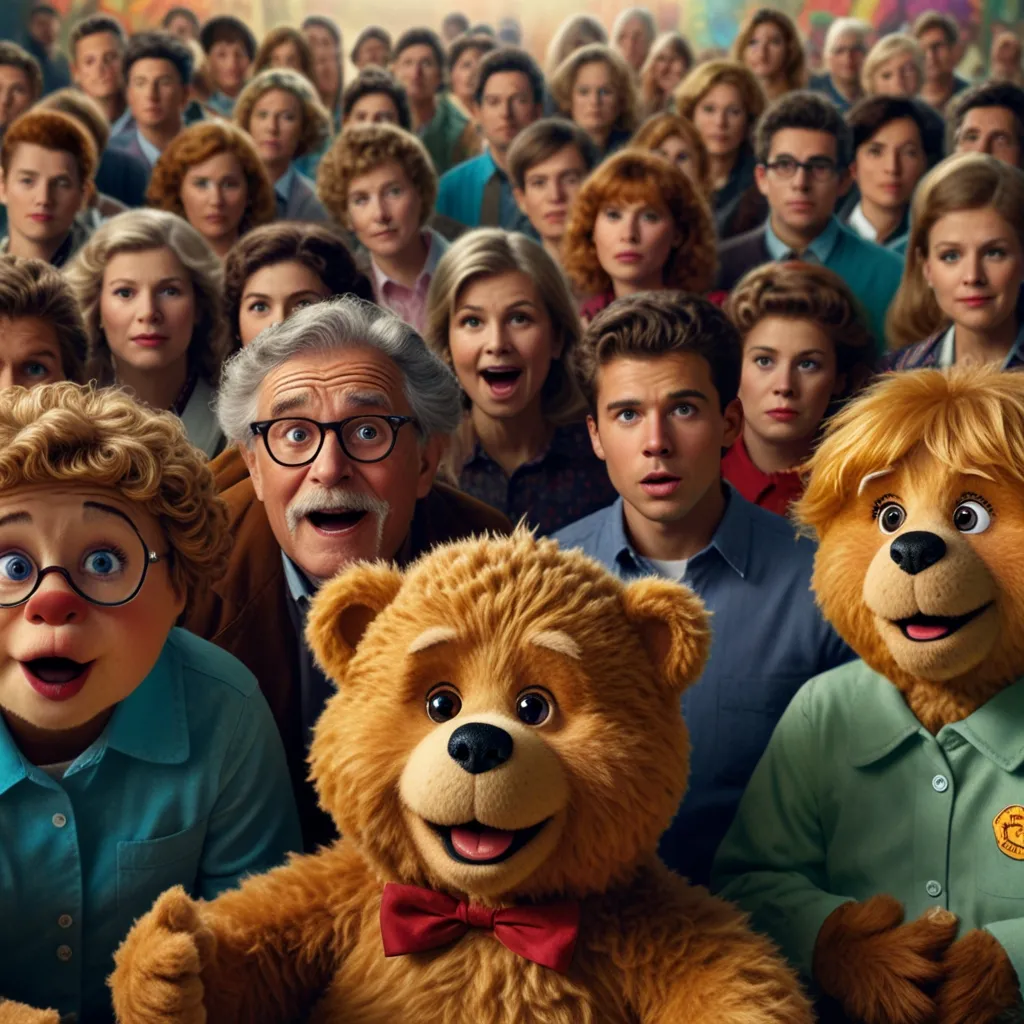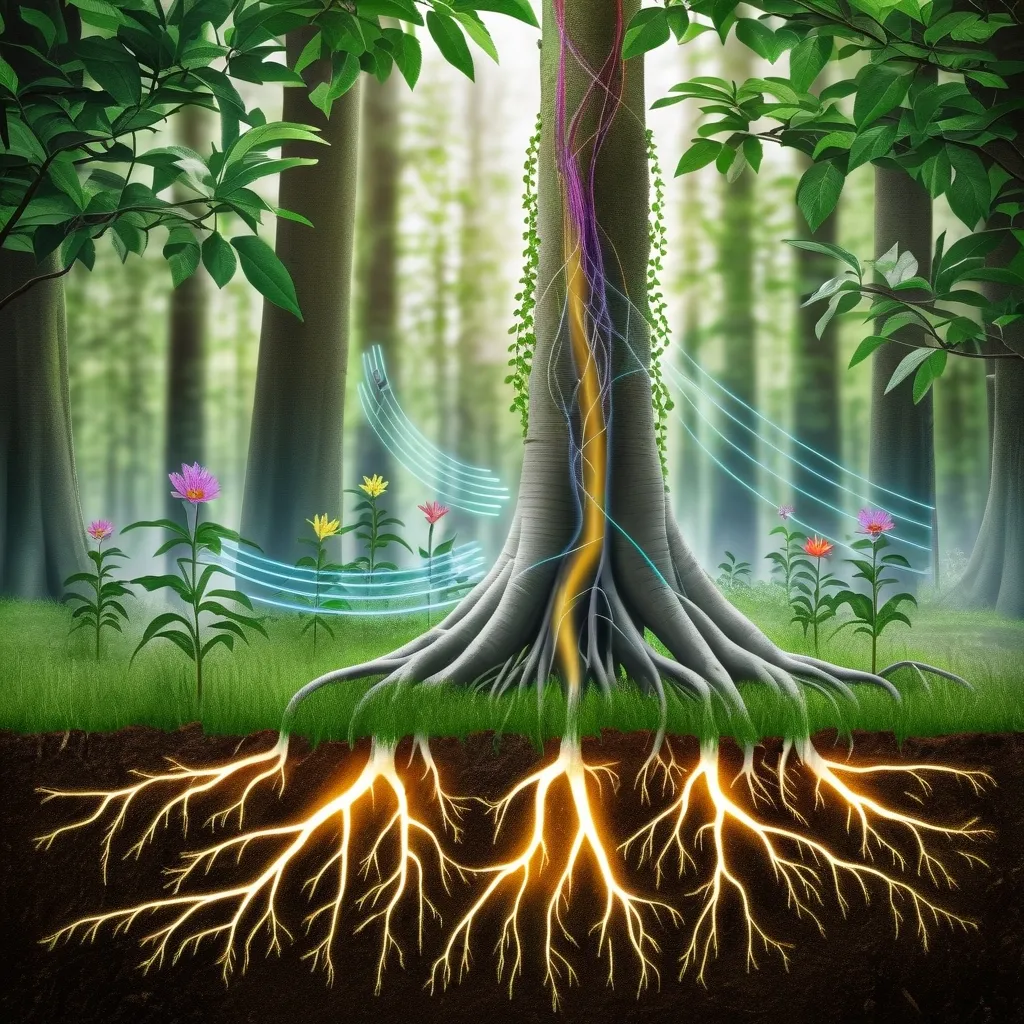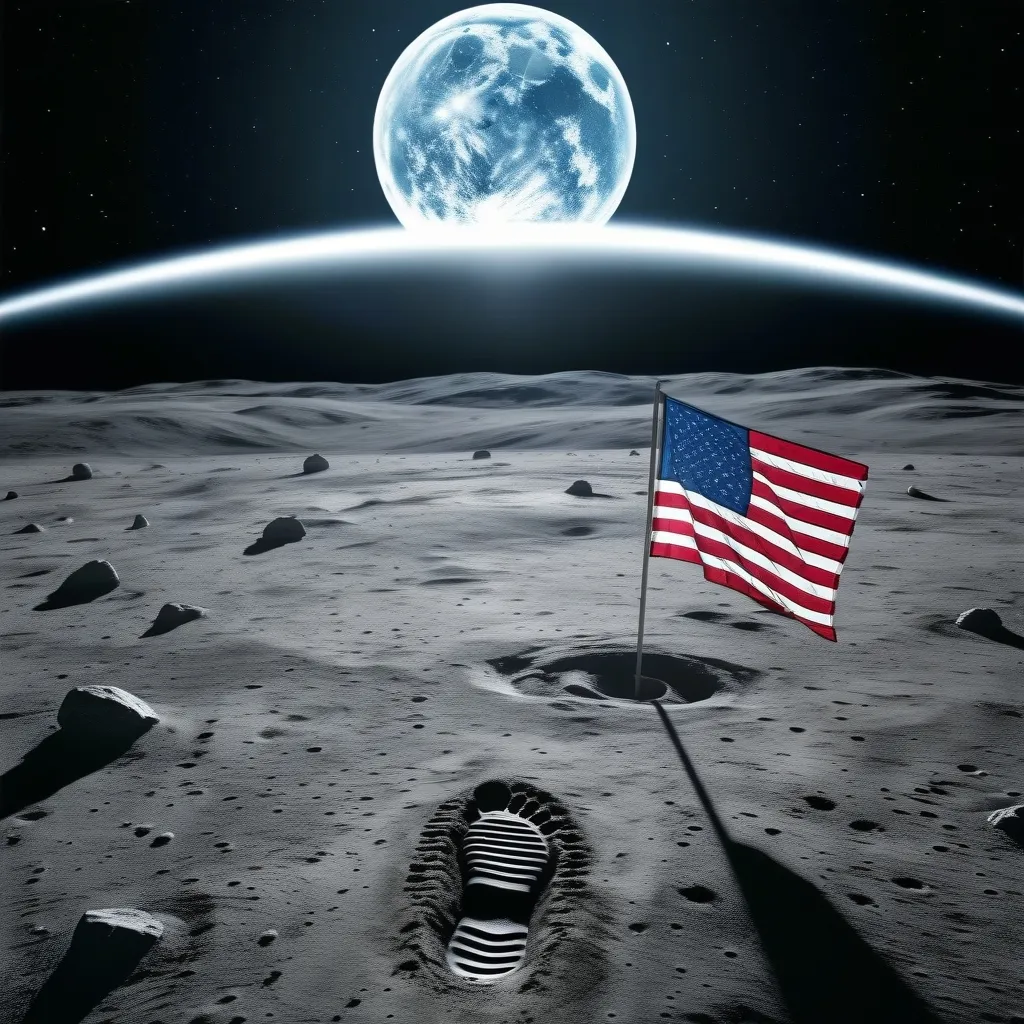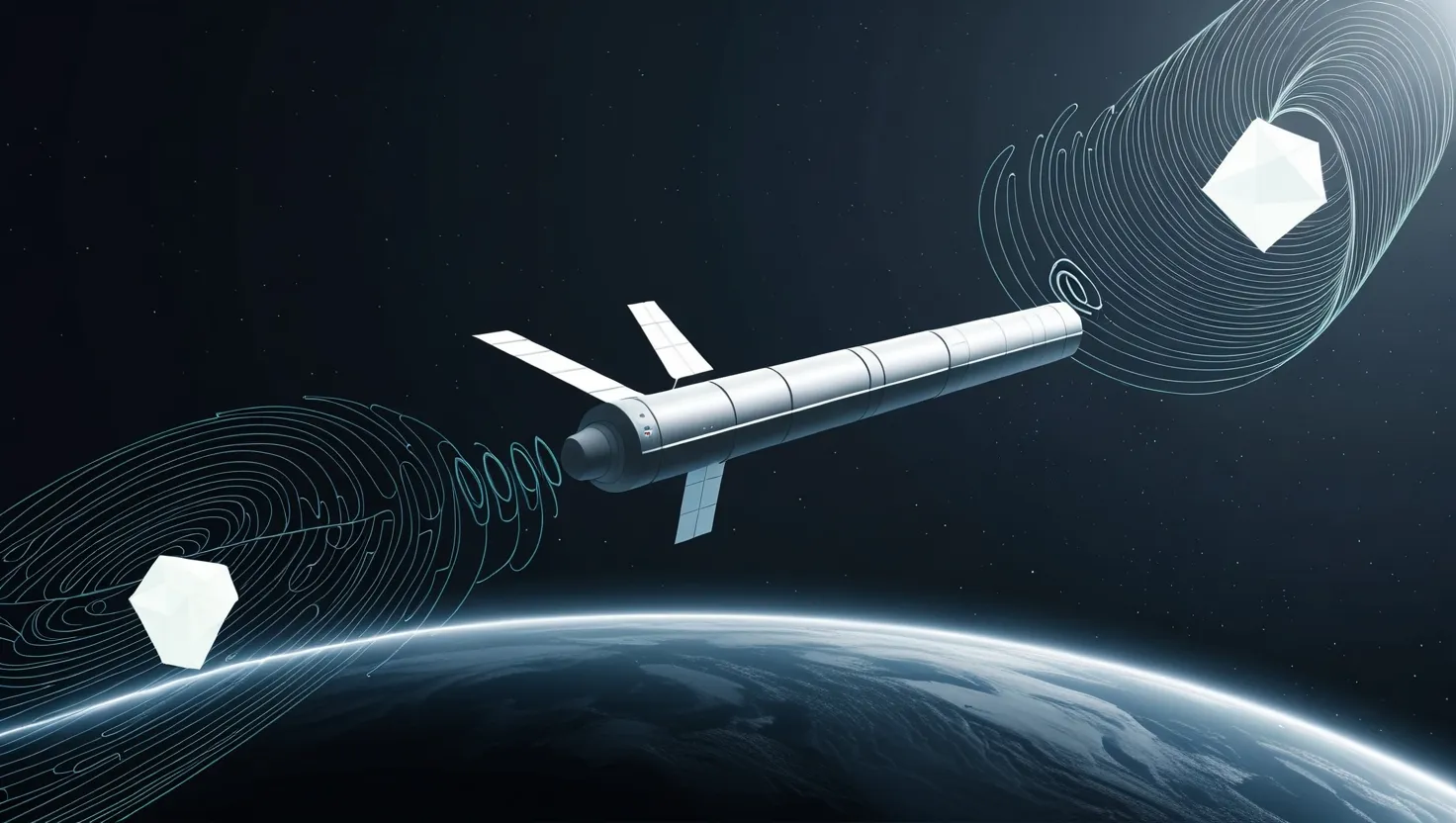The Mandela Effect is like one of those brain-twisting mysteries where people remember stuff differently than how it really happened. This whole idea has people buzzing and even thinking about parallel universes or alternate realities. But what’s actually going on with these shared false memories?
Fiona Broome, who came up with the term “Mandela Effect,” remembered Nelson Mandela dying in prison in the ’80s. But the real timeline says Mandela passed away in 2013. Turns out, a lot of other people had this same false memory. This got Fiona and others thinking maybe parallel universes are mixing with ours.
What’s wild about the Mandela Effect is how many people experience it and how varied it is. Like, a bunch of folks remember the children’s book series “The Berenstain Bears” as “Berenstein Bears.” And let’s not even start on the ’90s movie “Shazaam” starring Sinbad as a genie—a film that never existed! It’s like people are bouncing between realities.
The idea of parallel universes comes from quantum mechanics, especially the many-worlds theory. This theory suggests that every time something happens at the quantum level, it creates a bunch of parallel universes with different outcomes. Some believers in the Mandela Effect think that these universes sometimes overlap, causing the false memories.
But not everyone buys the parallel universe idea. Scientists and psychologists think the Mandela Effect is all about how our brains work. Cognitive biases and memory quirks could be the big culprits here. Confabulation, where people fill in memory gaps with made-up info, can lead to false memories. Suggestibility, where people’s memories get influenced by others, is another big factor.
Neuroscience also dives into the Mandela Effect. Studies show that people are basically guessing when it comes to false memories—making them just as real in the mind as actual events. This shows how unreliable our memories can be, especially with social media and fake news messing with our heads.
The internet has supercharged the Mandela Effect. Reddit, TikTok, and other platforms are like breeding grounds for these false memories. When people share their misremembered events, they reinforce each other’s beliefs, making these memories feel even more real.
Even without solid proof for parallel universes, the Mandela Effect keeps us all fascinated. It makes us think twice about what we remember and challenges our ideas of reality. Whether it’s parallel universes or just our memory playing tricks, it highlights how complex and fragile our minds can be.
So, the Mandela Effect? It’s this captivating puzzle that won’t stop baffling us. Whether it’s because of alternate realities or just our brain’s hiccups, it’s a nudge to rethink how well we trust our own memories.






